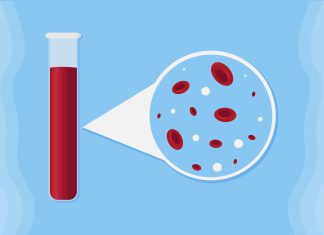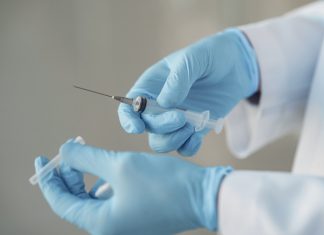At the XXVII Pharmaceutical Treatment 2025 conference, Russian Minister of Health Mikhail Murashko summed up the key changes in the provision of medicines to citizens and emphasized the substantial enhancement of the domestic pharmaceutical industry’s standing.
“Six billion packages of medicines were released into civil circulation in 2024, including 70% of domestic production, and 82% of medicines registered in the last three years of domestic production or localized in Russia,” the minister said.
According to Mikhail Murashko, the Russian market of medicines has become much more transparent. This was facilitated by the introduction of modern methods of control and anti-counterfeit measures, as well as the transition to risk-based supervision, which allows focusing efforts on high-risk areas and reducing the administrative burden on bona fide manufacturers.
The government is placing particular emphasis on ensuring the availability of medicines by expanding the pharmacy network, especially in remote areas, supporting pharmaceutical manufacturing, and promoting online sales. There are currently almost 132,000 retail facilities, one third of which are located in medical and obstetric centres, outpatient clinics and district hospitals.
“About 1,300 facilities are licensed to manufacture medicines for human use. Now 19 more organizations have received a license to manufacture radiopharmaceutical medicines. The sector is changing rapidly,” he added.
The need to revive compounding pharmacies was stated by State Duma deputy Airat Farrakhov. He noted that today only 683 pharmacies in the country make medicines, and last year only 25 new compounding pharmacies opened. He stressed that only a tiny fraction—half a percent—of pharmacies continue to produce the medicines patients need, fulfilling their original task. According to the parliamentarian, pharmacists are increasingly perceived by society only as sellers, whereas their main task is to work in the interests of the patient.
In addition, Murashko noted the recognition of the social mission of pharmacies: they have recently been officially included in the healthcare system, which is recorded in the updated classifier of economic activities.
Batyr Berdyklychev, WHO Representative / Head of Country Office in the Russian Federation, addressed the plenary session. He stressed that healthcare systems around the world are facing a number of serious challenges: the growing number of substandard and falsified medicines, the increasing complexity of global supply chains, the rapid development of new treatments, and the growing threat of antimicrobial resistance. According to him, collective vigilance is more important than ever today.
The WHO, in turn, aims to continue supporting countries in strengthening their regulatory frameworks and developing sustainable systems that effectively protect patients and ensure access to safe, high-quality, and effective medicines. “Strong national regulators are the front line of public health protection,” he said.




